Hollywood Shut Down: Writers And Actors On Strike – What It Means For Film And TV
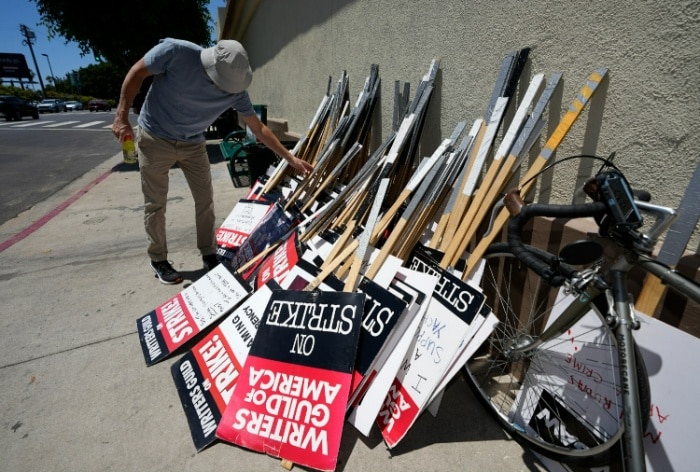
Table of Contents
The Writers' Strike: Key Demands and Impact
The Writers Guild of America (WGA) strike, which began in May 2023, highlights the significant challenges faced by screenwriters in the evolving media landscape. Their core demands center around fair compensation and the responsible integration of AI in the creative process.
Fair Compensation and Residuals in the Streaming Era
The shift from traditional broadcast television to streaming platforms has drastically altered the economic model for writers. While broadcast deals often included substantial residuals based on reruns and syndication, streaming services generally offer one-time payments, leaving writers with significantly less compensation for the continued success of their work.
- The Problem: Streaming platforms like Netflix, Amazon Prime Video, and Disney+ generate billions in revenue from the shows they host but often pay writers a fraction of what they earned under the old broadcast system.
- The Demand: The WGA is demanding a fairer share of streaming revenue, including increased residuals and a more transparent payment system.
- The Impact: The strike has already halted production on numerous late-night talk shows, scripted series, and the development of new projects, creating a significant backlog.
Concerns about AI in Screenwriting
The rapid advancement of artificial intelligence has introduced new anxieties for writers. The WGA is concerned about the potential for AI to be used to replace human writers, undermining their creative control and job security.
- The Fear: AI-generated scripts could significantly reduce the need for human writers, leading to widespread job displacement and a devaluation of the craft of screenwriting.
- The Demand: The WGA is seeking regulations and safeguards to prevent the unauthorized use of AI to generate scripts and to protect writers' creative rights. They want to ensure that human writers are fairly compensated for their work and not replaced by algorithms.
- The Impact: The debate over AI in screenwriting is a key element of the ongoing negotiations, highlighting the complex ethical and economic considerations involved in integrating emerging technologies into the creative process.
The Actors' Strike: SAG-AFTRA's Fight for Fair Treatment
SAG-AFTRA, the union representing actors, joined the strike in July 2023, solidifying the unprecedented nature of the Hollywood shutdown. Their concerns mirror those of the writers, focusing on fair wages, residuals, and the ethical implications of AI.
Fair Wages and Residuals for Actors
Actors, like writers, are facing reduced compensation in the streaming era. The traditional model of residuals, which provided ongoing payments based on repeated broadcasts and home video sales, has been significantly diminished with the rise of streaming.
- The Problem: Self-tape auditions, while cost-effective for studios, often pay actors less than traditional in-person auditions. Streaming residuals are also significantly lower than in the past.
- The Demand: SAG-AFTRA is demanding fair wages, improved residuals from streaming platforms, and protections against exploitative practices.
- The Impact: The absence of actors has brought nearly all film and television production to a complete standstill.
Concerns about AI and the Use of Actors' Likenesses
The use of AI to generate digital likenesses of actors and replicate their performances presents a new and significant challenge. Actors fear the potential for unauthorized exploitation and the devaluation of their work.
- The Fear: AI technology could be used to create realistic digital versions of actors without their consent, leading to the loss of control over their image and potentially diminishing their value in the industry.
- The Demand: SAG-AFTRA is seeking strict regulations on the use of AI to protect actors' rights and prevent unauthorized exploitation of their likeness and performances.
- The Impact: The successful deployment of these protections could set a precedent for how the entertainment industry uses AI for years to come.
The Ripple Effect: Consequences of the Hollywood Shut Down
The Hollywood strike is not just impacting writers and actors; it’s causing a ripple effect across the entire entertainment industry.
Impact on Film and Television Production
The strike has completely halted the production of countless films and television shows. This not only affects the creative process but also has severe economic ramifications.
- The Problem: Production delays are widespread, causing significant financial losses for studios and production companies. Many crew members, including grips, gaffers, and set designers, are facing job losses.
- The Impact: The shutdown of Hollywood production has created a significant economic ripple effect, impacting various businesses and workers related to the entertainment industry.
Impact on Consumers and the Entertainment Landscape
The strike is also impacting consumers, leading to a potential shortage of new films and television shows. Streaming services are facing content gaps, and the entertainment landscape is feeling the effects of this unprecedented shutdown.
- The Problem: Viewers may experience fewer new releases and less varied streaming content.
- The Impact: The long-term effects on the industry and consumer viewing habits remain to be seen, but the strike is already shaping the future of entertainment.
Understanding the Hollywood Strike and its Implications
The Hollywood strike, encompassing both the writers' and actors' walkouts, is a significant event with far-reaching implications for the film and television industry. Both the WGA and SAG-AFTRA are fighting for fair compensation, improved residuals in the streaming era, and safeguards against the potential misuse of artificial intelligence. The dual strike has brought Hollywood to a standstill, creating economic uncertainty and impacting the entertainment landscape significantly. The outcome of these negotiations will shape the future of the industry for years to come. Stay informed about the Hollywood strike and its developments—understanding these issues is crucial for the future of film and television. Seek out updates from the WGA and SAG-AFTRA websites for further information on the actors' strike and writers' strike.

Featured Posts
-
 Arsenali Nen Hetim Te Uefa S Per Incidentin Me Psg
May 08, 2025
Arsenali Nen Hetim Te Uefa S Per Incidentin Me Psg
May 08, 2025 -
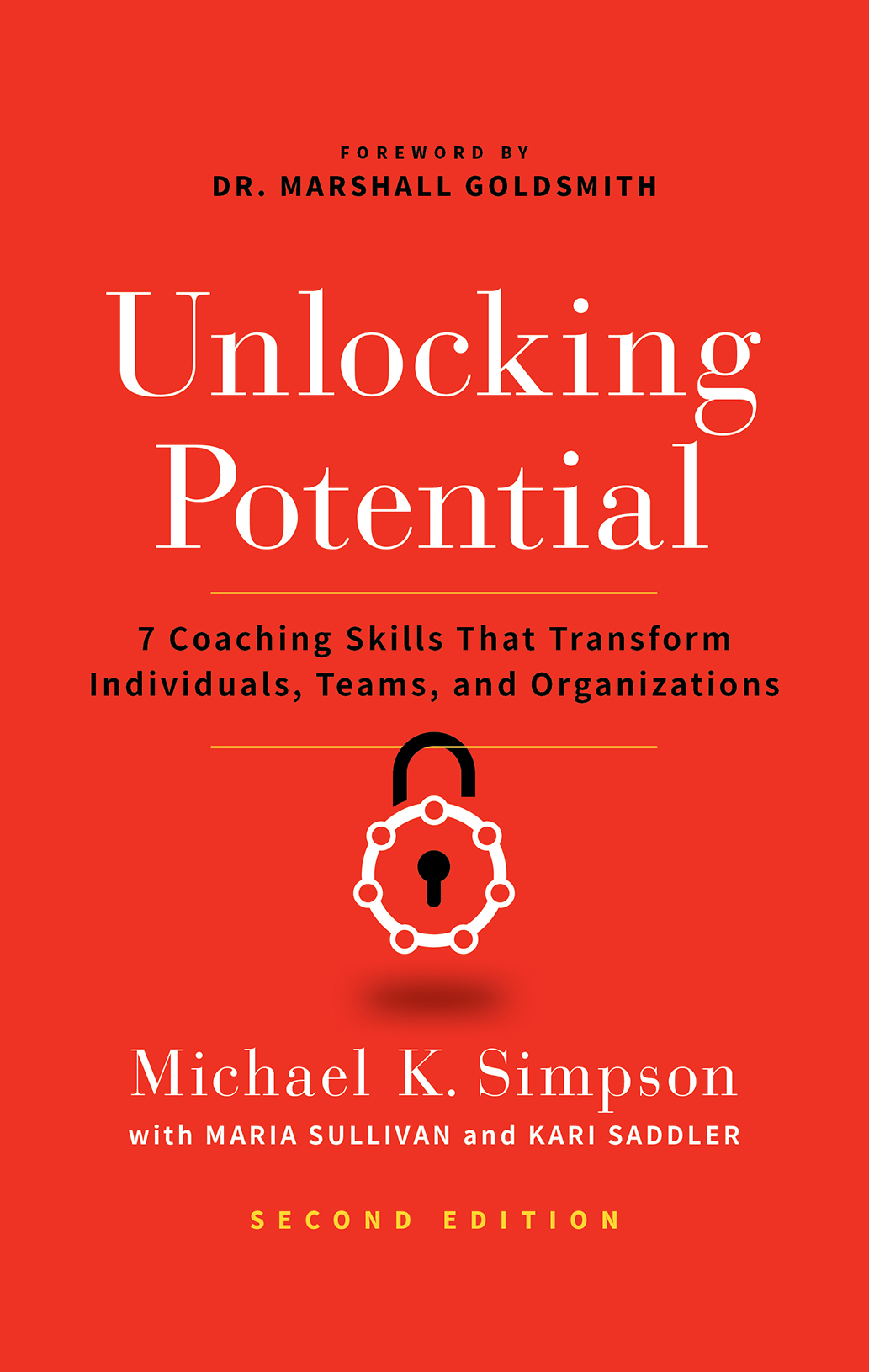 Unlocking Potential How Middle Managers Drive Productivity And Engagement
May 08, 2025
Unlocking Potential How Middle Managers Drive Productivity And Engagement
May 08, 2025 -
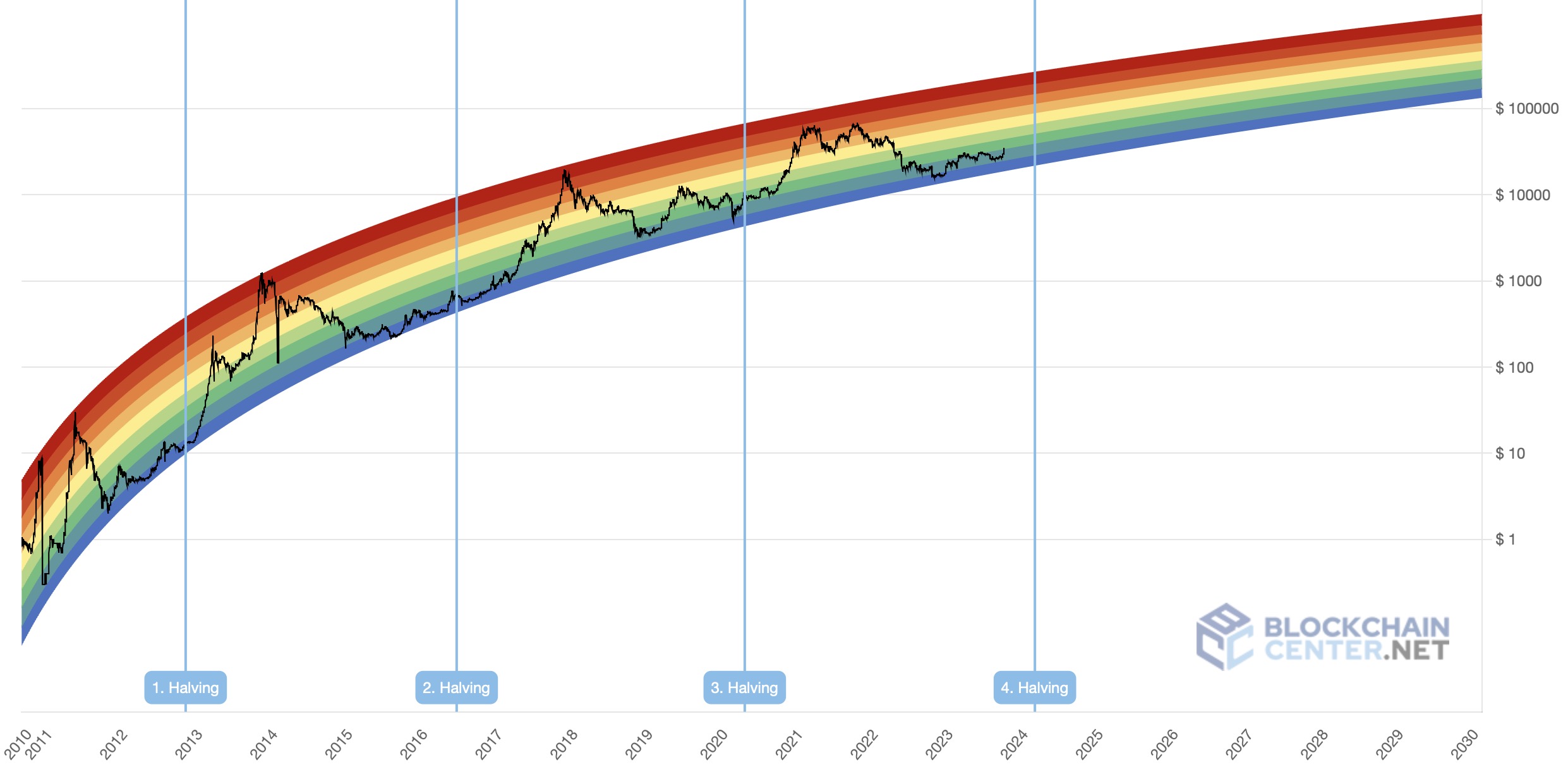 Bitcoin Price Prediction 2024 Trumps Impact On Btc
May 08, 2025
Bitcoin Price Prediction 2024 Trumps Impact On Btc
May 08, 2025 -
 The China Factor Examining The Automotive Industrys Dependence And Risks
May 08, 2025
The China Factor Examining The Automotive Industrys Dependence And Risks
May 08, 2025 -
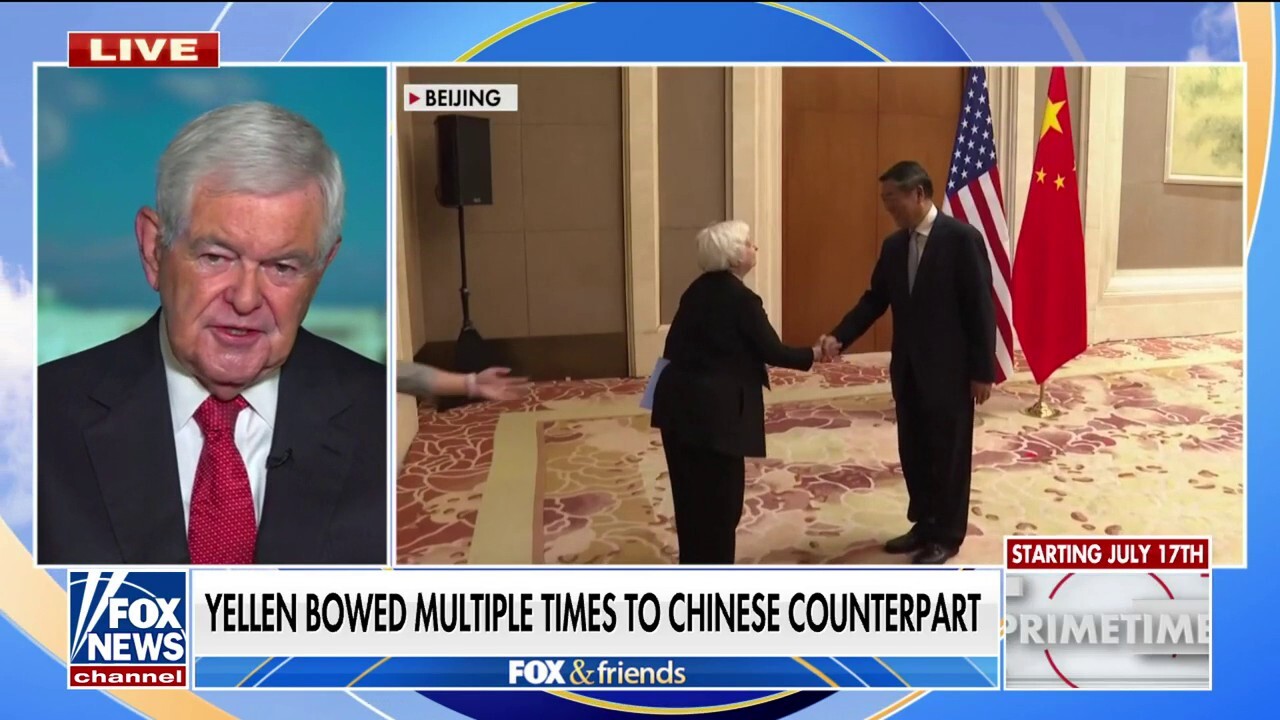 Bitcoins Surge Us China Trade Talks Fuel Crypto Rally
May 08, 2025
Bitcoins Surge Us China Trade Talks Fuel Crypto Rally
May 08, 2025
Latest Posts
-
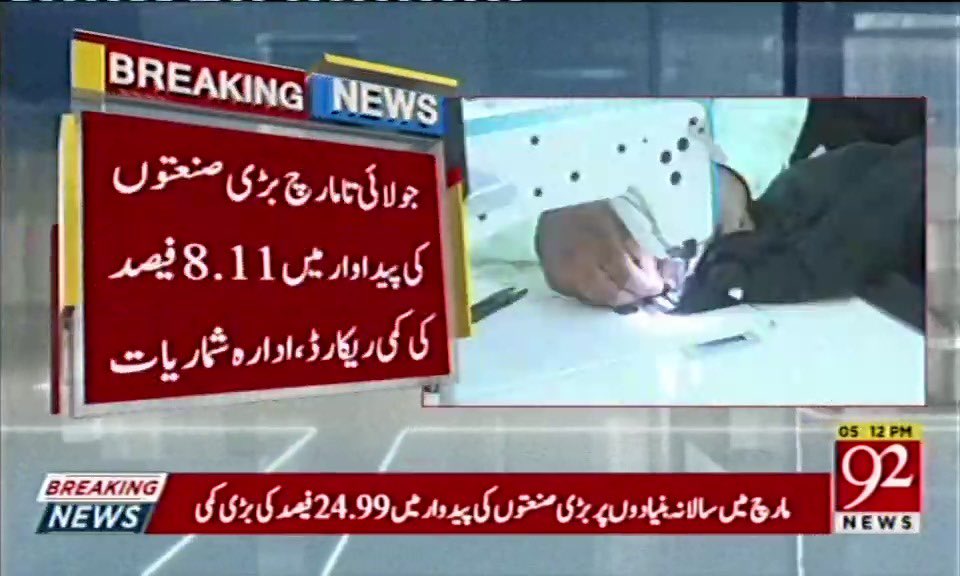 Lahwr Myn Ahtsab Edaltwn Ky Tedad Myn 50 Kmy Tshwysh Nak Swrthal
May 08, 2025
Lahwr Myn Ahtsab Edaltwn Ky Tedad Myn 50 Kmy Tshwysh Nak Swrthal
May 08, 2025 -
 Lahwr Myn Gwsht Ky Qymtwn Myn Mslsl Adafh Chkn Mtn Awr Byf Mhnge Se Mhnge Tr
May 08, 2025
Lahwr Myn Gwsht Ky Qymtwn Myn Mslsl Adafh Chkn Mtn Awr Byf Mhnge Se Mhnge Tr
May 08, 2025 -
 Lahwr Ky Ahtsab Edaltwn Ka Khatmh Kya Yh Fyslh Drst Tha
May 08, 2025
Lahwr Ky Ahtsab Edaltwn Ka Khatmh Kya Yh Fyslh Drst Tha
May 08, 2025 -
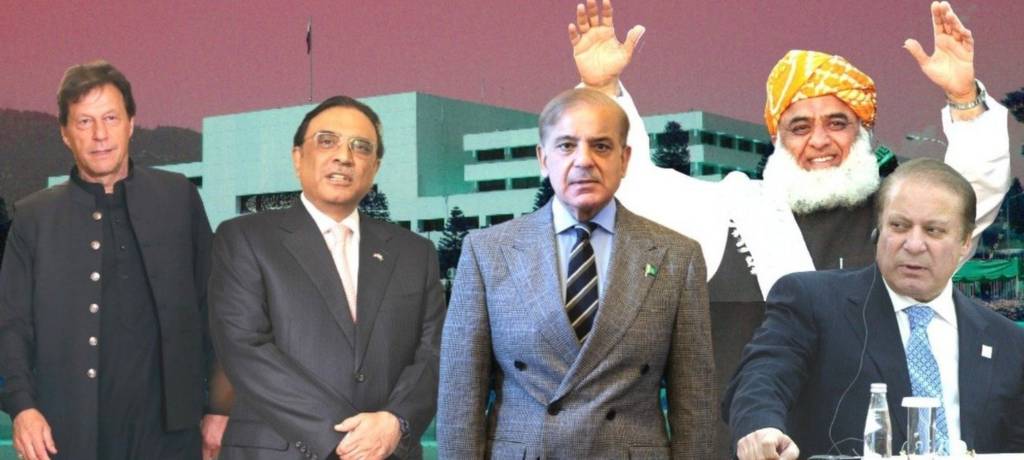 Lahwr Ahtsab Edaltwn Ky Tedad Myn Kmy Athrat W Tjzyh
May 08, 2025
Lahwr Ahtsab Edaltwn Ky Tedad Myn Kmy Athrat W Tjzyh
May 08, 2025 -
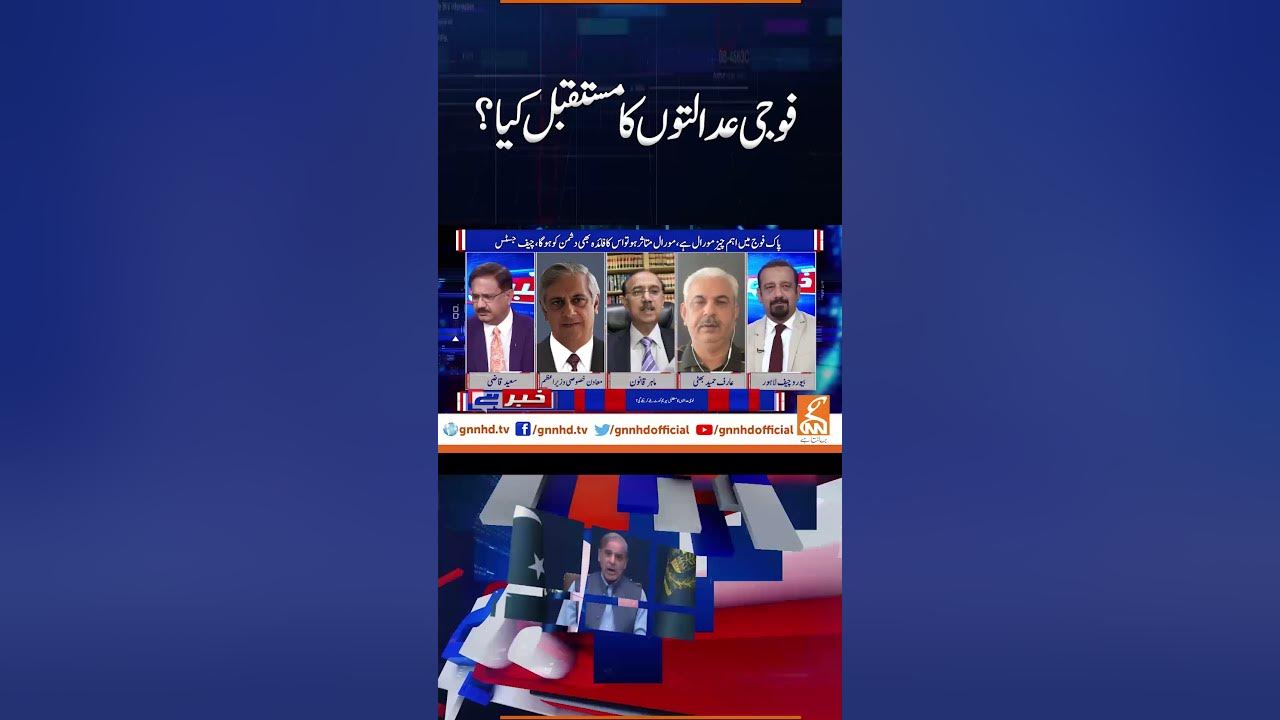 Lahwr Ky Panch Ahtsab Edaltyn Khtm Bqyh Edaltwn Ka Mstqbl
May 08, 2025
Lahwr Ky Panch Ahtsab Edaltyn Khtm Bqyh Edaltwn Ka Mstqbl
May 08, 2025
